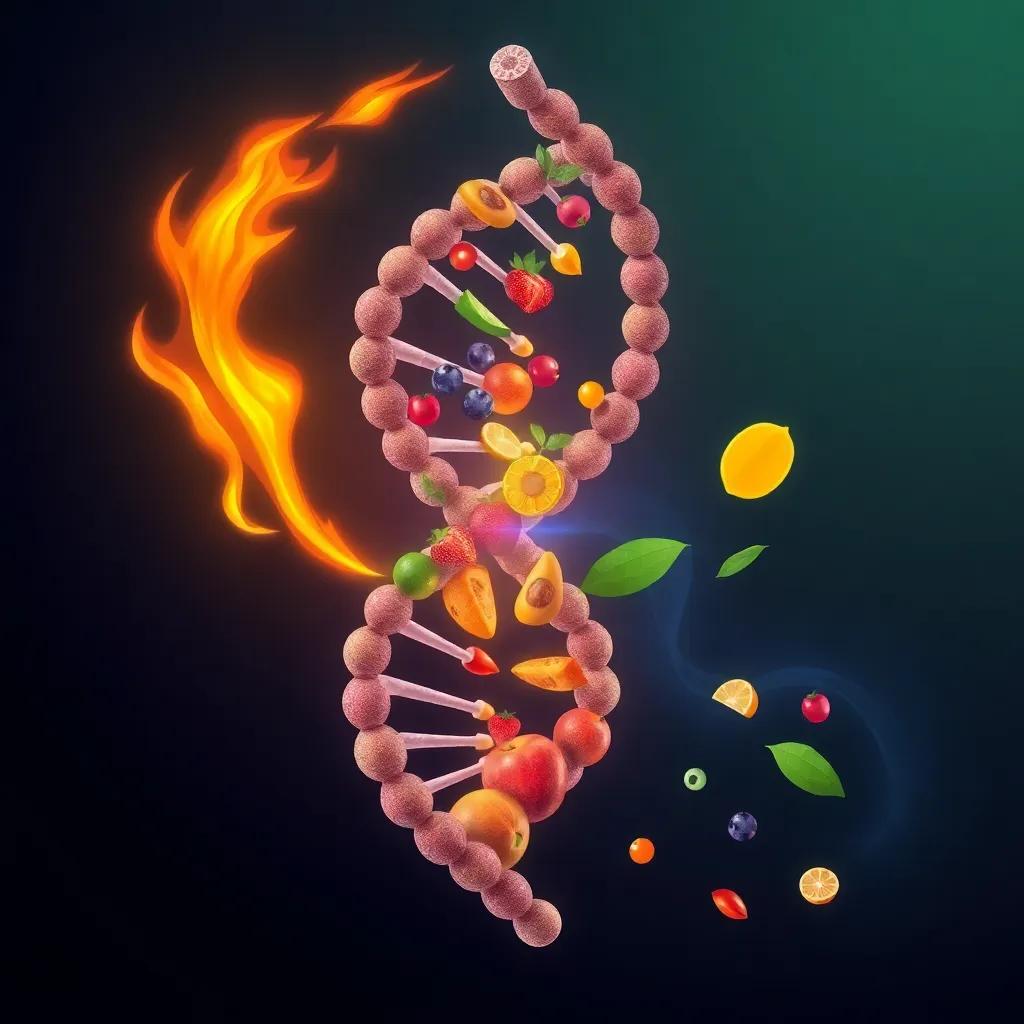Recent studies highlight how personalized nutrition, including omega-3s, vitamin D, and soy isoflavones, can help manage AIA symptoms in breast cancer patients undergoing endocrine therapy.
New research reveals how dietary components may modify gene expression to alleviate AIA symptoms in breast cancer patients.
The Growing Challenge of Aromatase Inhibitor-Induced Arthralgia
Aromatase inhibitor-induced arthralgia (AIA) affects up to 50% of breast cancer patients receiving endocrine therapy, significantly impacting treatment adherence and quality of life. As Dr. Jennifer Ligibel from Dana-Farber Cancer Institute noted in a 2024 ASCO presentation, We’re seeing AIA lead to early discontinuation in 20-30% of patients, undermining the lifesaving benefits of these therapies.
Omega-3 Fatty Acids: The Most Promising Intervention
A May 2024 Breast Cancer Research study demonstrated that high-dose omega-3s (4g/day) reduced AIA pain scores by 40% versus placebo in 200 patients over 12 weeks. The NIH-funded trial used pharmaceutical-grade EPA/DHA supplements, with effects noticeable as early as week 6.
The Vitamin D Controversy
While some studies show benefits, an April 2024 NIH trial found vitamin D+calcium only helped patients with baseline deficiency (<20 ng/mL). We can’t recommend blanket supplementation,
cautioned lead researcher Dr. Michaela Higgins in the study’s press release.
Nutri-Epigenetics: A New Frontier
Emerging research suggests dietary components may modify gene expression in pain pathways. A June 2024 JAMA Oncology study linked high-fiber diets to 25% lower AIA severity, possibly via gut microbiome modulation of inflammation.
Soy Isoflavones: Balancing Risks and Benefits
The FDA’s June 2024 guidance on soy supplement labeling warns about potential drug interactions with endocrine therapies. However, new epigenetic research suggests genistein may silence ERα expression in some tumor types.
Practical Dietary Guidelines
The European Society for Medical Oncology’s 2024 guidelines now include turmeric (curcumin) as a Category 2B recommendation for AIA management. An anti-inflammatory diet rich in polyphenols and fiber shows particular promise.




